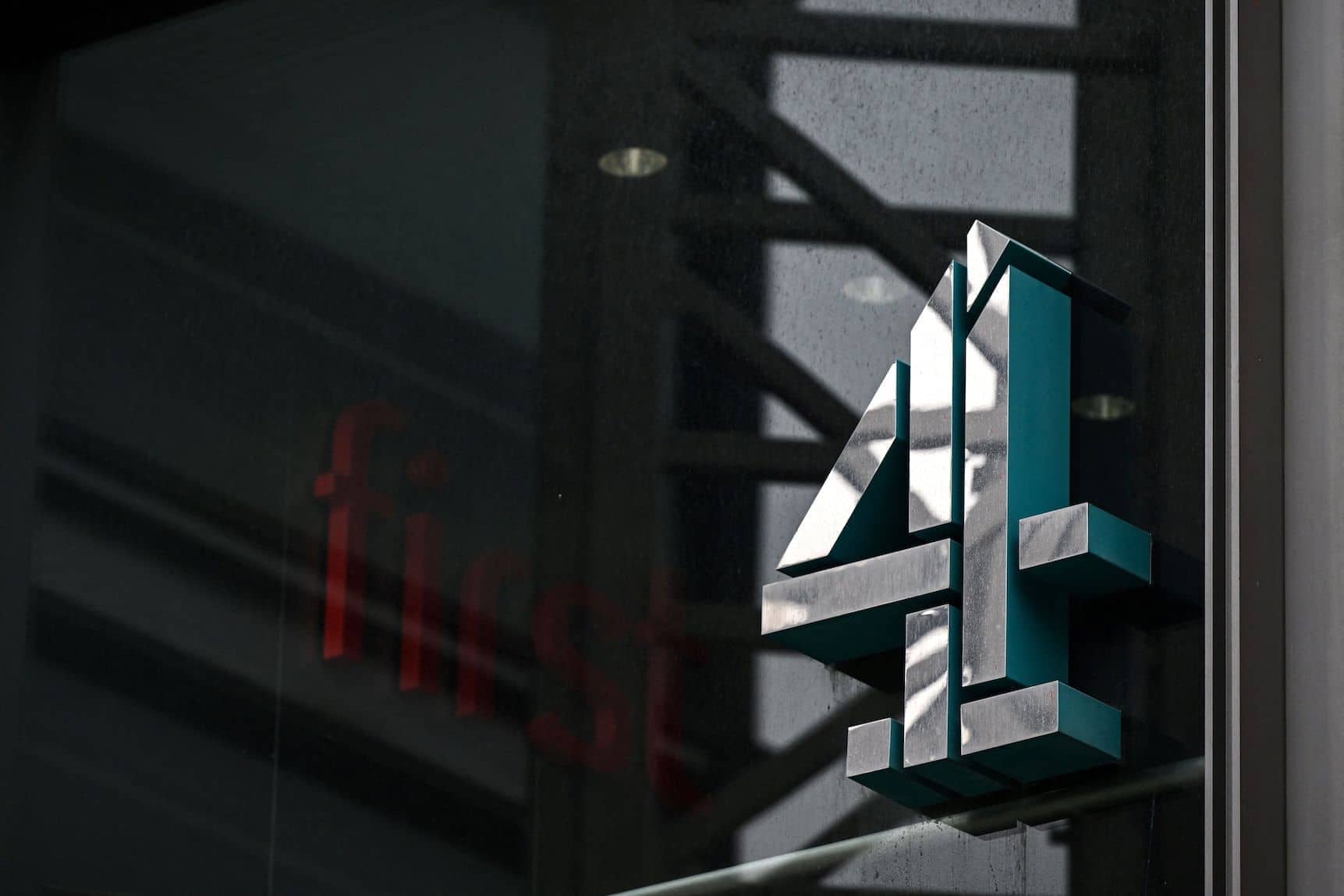Cast your mind back to Channel 4’s election night programme. The 2019 exit poll results flash up on screen. Realising the size of the Tory majority, hosts Krishnan Guru-Murthy and comedian Katherine Ryan, along with pundits Amber Rudd and Tom Watson, all look crestfallen: the Conservatives had won and Brexit was secured.
However, nearly two and a half years on from that night, the joy of the Channel 4 clip feels a bit empty. Very little has been done with that huge parliamentary advantage. Instead, the government’s big announcement this week is that they’re privatising the broadcaster. Fine. No problem with that; it’s probably a good thing. Except it doesn’t seem to be part of a wider programme for government.
In fact, the Tories seem absolutely incapable of achieving anything significant. Housing costs are higher than ever and still climbing, shutting out young people from the kind of experiences that might one day make them more Tory-minded: marriage, parenthood and home-ownership. The Channel migrant crisis continues. Growth projections are unimpressive. The tax burden is at a 70-year high and grand, transformative infrastructure projects remain elusive. Policing is in crisis, especially in London, where the Met is hampered by a ridiculous requirement that they recruit men and women on a 50-50 basis.
And yet nothing happens. There seems to be very little thought in No. 10 about what exactly the government wishes to achieve, what levers need to be pulled and what obstacles need to be cleared away. The strategic thinking and determination that Dominic Cummings sought to bring to Downing Street seems to have dissipated entirely.
The government puts on quite a show of taking the conservative side in cultural disputes around national identity, representation, race relations and free speech. But it seems like just that, a show. Where is the legislative reform?
Take the Malicious Communications Act 2003, frequently used by the police and the CPS to harass or prosecute people who send ‘offensive’ tweets. It would not be difficult to amend or repeal this part of the law. Or consider the Equality Act 2010, which embeds in policy-making and institutional action the following assumption: disparity in outcomes among different groups is ipso facto evidence of racism. It need hardly be said that this assumption is antithetical to conservative thought and empowers a class of interfering commissars. It leads to absurdities like those police recruitment gender targets: it is now dangerous to the career prospects of civil servants and officers to even raise the possibility that there is a good reason for police forces to be largely made up of men.
Defenders of the government point out that the Covid crisis has dominated much of this parliament, demanding a great deal of government time. That is true, but in the UK at least the seriousness of the pandemic has been in decline for a year now and no longer requires anywhere near the same level of attention as it did in, say, early 2020. The same goes for the Ukraine war – while it involves the Foreign Office and the MoD, and to a lesser extent the Home Office, it is not really a valid excuse for an incoherent and chaotic approach to domestic policy.
Many on the right saw the Johnson ministry as a golden opportunity after the frustrations of the coalition years and post-referendum gridlock. At half-time for this parliament, the window for the government to reward our faith is narrowing fast.







Comments